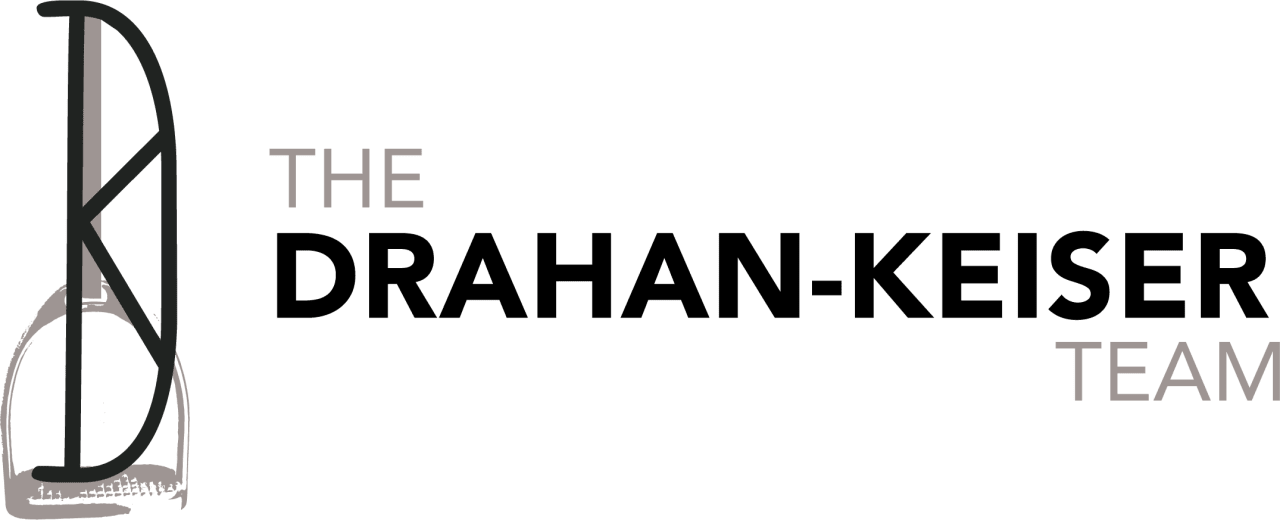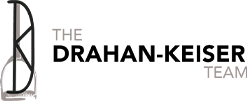How to Keep Your Equestrian Property Pristine.
Wellington, FL, is renowned for its equestrian lifestyle, attracting horse enthusiasts from around the globe. With its beautiful landscapes, world-class equestrian facilities, and year-round mild climate, Wellington offers the perfect environment for horse owners. However, maintaining an equestrian property requires diligent care and specialized knowledge. Whether you’re a seasoned equestrian or a new horse owner, these tips and tricks will help keep your property in good condition.
Pasture Management: Keeping Your Fields Healthy
Rotational Grazing
Rotational grazing is essential for maintaining healthy pastures. By rotating your horses between different grazing areas, you give the grass time to recover, preventing overgrazing and soil compaction. This practice promotes healthier, more productive pastures and reduces the risk of weeds.
Soil Testing and Fertilization
Regular soil testing is crucial to determine the nutrient levels in your pastures. Based on the results, you can apply the appropriate fertilizers to ensure optimal grass growth. A well-fertilized pasture will provide better nutrition for your horses and help maintain their health.
Weed Control
Weeds can quickly take over your pastures if left unchecked. Implement a weed control program that includes mowing, herbicide application, and manual removal. Keeping weeds at bay will ensure your horses have access to high-quality forage.
Stable Management: Creating a Safe and Comfortable Environment
Proper Ventilation
Good ventilation in your stables is essential for your horses’ respiratory health. Ensure that your stables have adequate airflow to reduce the buildup of ammonia from urine, which can cause respiratory issues. Installing fans and windows can help improve ventilation.
Regular Cleaning
Maintaining a clean stable is vital for your horses’ health. Remove manure and wet bedding daily to prevent the buildup of harmful bacteria and parasites. Regularly disinfect stalls to minimize the risk of disease.
Safe Flooring
The flooring in your stables should be safe and comfortable for your horses. Consider using rubber mats or other non-slip materials to provide cushioning and reduce the risk of injury. Regularly check for any damage or wear and replace as needed.
Fencing: Ensuring Security and Safety
Choosing the Right Fence
Selecting the appropriate fencing for your equestrian property is crucial for the safety of your horses. Wooden, vinyl, and electric fences are popular options. Ensure that your fence is tall enough to prevent horses from jumping over and strong enough to withstand pressure.
Regular Inspections
Regularly inspect your fencing for any damage or wear. Repair or replace broken boards, loose wires, or leaning posts promptly to prevent escapes and injuries. Keeping your fence in good condition will provide a secure environment for your horses.
Gate Maintenance
Gates should be sturdy and easy to open and close. Check hinges and latches regularly to ensure they are functioning correctly. A well-maintained gate will prevent accidental escapes and ensure the safety of your horses.
Water Supply: Keeping Your Horses Hydrated
Clean Water Sources
Providing clean, fresh water is essential for your horses’ health. Regularly clean water troughs and buckets to prevent the buildup of algae and bacteria. Ensure that your horses have access to water at all times, especially during hot weather.
Automatic Waterers
Consider installing automatic waterers in your pastures and stables. These devices provide a continuous supply of fresh water and reduce the time spent manually filling buckets. Regularly check automatic waterers for proper function and cleanliness.
Winter Precautions
In cooler months, prevent water sources from freezing by using heated waterers or insulated buckets. Ensure that your horses have access to water even during cold weather to avoid dehydration.
Manure Management: Maintaining Cleanliness and Health
Manure Removal
Regularly remove manure from stables, pastures, and exercise areas to maintain cleanliness and reduce the risk of parasites and disease. A daily routine of manure removal will help keep your property clean and your horses healthy.
Composting
Composting manure is an environmentally friendly way to manage waste. Create a designated composting area on your property and turn the compost regularly to promote decomposition. Once fully composted, manure can be used as fertilizer for your pastures.
Manure Storage
If composting is not feasible, ensure proper manure storage. Use covered bins or storage areas to contain manure and prevent runoff into water sources. Proper storage will help control odors and minimize environmental impact.
Pest Control: Protecting Your Horses from Insects
Fly Control
Flies can be a significant nuisance and health hazard for horses. Implement a fly control program that includes fly traps, repellents, and regular cleaning to reduce fly populations. Consider using fly masks and sheets to protect your horses from bites.
Mosquito Management
Mosquitoes can transmit diseases such as West Nile virus. Reduce mosquito breeding areas by eliminating standing water around your property. Use mosquito repellents and consider installing mosquito traps to protect your horses.
Rodent Prevention
Rodents can cause damage to structures and contaminate feed. Keep feed in secure, rodent-proof containers and regularly inspect your property for signs of rodent activity. Use traps and baits as necessary to control rodent populations.
Tack and Equipment Maintenance: Ensuring Longevity and Safety
Regular Cleaning
Regularly clean and condition your tack to keep it in good condition. Clean saddles, bridles, and other leather equipment with appropriate products to prevent drying and cracking. Regular maintenance will extend the life of your tack and ensure safety.
Storage Solutions
Store your tack and equipment in a dry, well-ventilated area to prevent mold and mildew. Use racks and hooks to keep items organized and off the ground. Proper storage will help maintain the quality and longevity of your equipment.
Equipment Inspections
Regularly inspect your tack and equipment for signs of wear or damage. Check stitching, buckles, and straps for integrity. Replace any worn or damaged items to ensure the safety of your horses.
Emergency Preparedness: Being Ready for the Unexpected
First Aid Kit
Keep a well-stocked equine first aid kit on your property. Include items such as bandages, antiseptics, and medications. Being prepared for minor injuries will allow you to provide immediate care to your horses.
Emergency Contacts
Have a list of emergency contacts readily available, including your veterinarian, farrier, and local animal control. Ensure that all staff and family members know how to reach these contacts in case of an emergency.
Evacuation Plan
Develop an evacuation plan for your property in case of natural disasters such as hurricanes or floods. Know the best routes to transport your horses and have a list of nearby facilities that can provide temporary shelter.
Conclusion
Maintaining an equestrian property in Wellington, FL, requires attention to detail and a commitment to providing the best care for your horses. By implementing these tips and tricks, you can ensure that your property remains in excellent condition and that your horses enjoy a safe, healthy, and comfortable environment. With proper management, your equestrian property will continue to be a haven for you and your horses, reflecting the vibrant equestrian culture that makes Wellington a premier destination for horse owners.
Ready to turn your equestrian property dreams into reality? Work with the Drahan-Keiser Team, Wellington, FL Real Estate Agents, and experience exceptional service from experts who understand your unique needs. Contact the team today and let us help you find the perfect property in the heart of Wellington’s equestrian paradise. Your dream home awaits!






